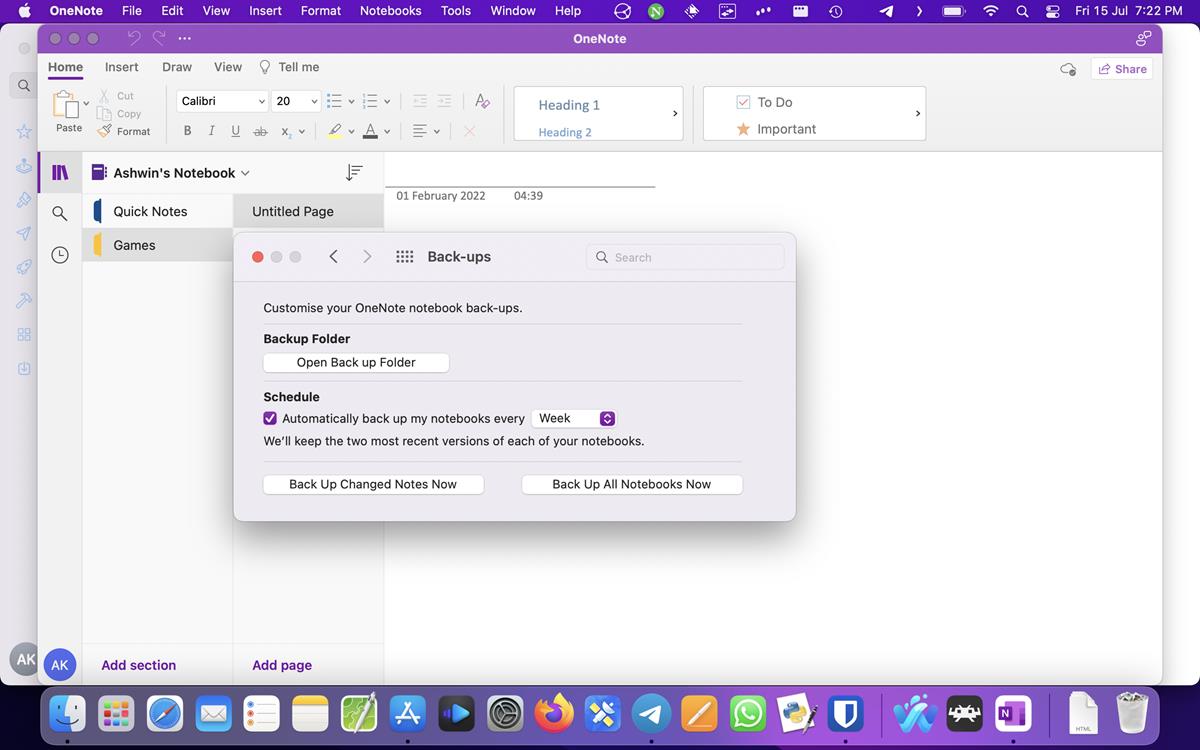
Cybersecurity Alert: Users Deceived By Fake Google CAPTCHA Pages
Cybersecurity Alert: Users Deceived By Fake Google CAPTCHA Pages
In a significant security alert, cybersecurity firm CloudSek has unveiled a sophisticated phishing campaign linked to the Lumma Stealer malware, targeting Windows users. This approach leverages deceptive human verification pages that mimic legitimate Google CAPTCHA processes, luring victims into executing harmful commands on their systems. The campaign's reliance on well-established platforms, such as Amazon S3 and various Content Delivery Networks, adds another layer of difficulty in detecting these malicious activities.
Once users are directed to these fraudulent pages, they are prompted to click a "Verify" button. This seemingly innocent action triggers a hidden JavaScript function that copies a base64-encoded PowerShell command to the user's clipboard, misleading them into executing it. By following errant instructions provided on the site, users inadvertently run the malicious command in a concealed window, facilitating the infection process.
The insidious nature of this attack lies in its ability to deceive users into believing they are participating in a routine security check. Consequently, it highlights the critical need for user education around phishing threats, particularly the importance of questioning unusual prompts and directives such as copying and pasting unknown commands.
Organizations are urged to adopt comprehensive security measures, including robust endpoint protection capable of detecting and blocking suspicious PowerShell executions. Monitoring network traffic for connections to newly registered or unusual domains is also crucial to thwart further malicious activities. With the evolving nature of these attacks, keeping software systems up-to-date remains a fundamental defense against potential exploits.
The precarious balance between user trust and cybersecurity continues to challenge digital safety as attackers adapt their methodologies. Security experts warn that while this campaign predominantly spreads the Lumma Stealer malware, its techniques could easily be repurposed for other malicious software, presenting an ever-evolving threat landscape.
More like this
-
Google Chrome 120 update fixes 9 security issues
 Google Chrome 120 update fixes 9 security issuesRead more
Google Chrome 120 update fixes 9 security issuesRead more -
Google Chrome: security update fixes 38 issues, including one that is actively exploited
 Google Chrome: security update fixes 38 issues, including one that is actively exploitedRead more
Google Chrome: security update fixes 38 issues, including one that is actively exploitedRead more -
Microsoft Updates Copilot to Prevent Assistance with Windows 11 Piracy
 Microsoft Updates Copilot to Prevent Assistance with Windows 11 PiracyRead more
Microsoft Updates Copilot to Prevent Assistance with Windows 11 PiracyRead more -
Apple considered removing the charging port from iPhone 17 Air
 Apple considered removing the charging port from iPhone 17 AirRead more
Apple considered removing the charging port from iPhone 17 AirRead more -
OneNote for Windows 10 to be discontinued by 2025
 OneNote for Windows 10 to be discontinued by 2025Read more
OneNote for Windows 10 to be discontinued by 2025Read more





